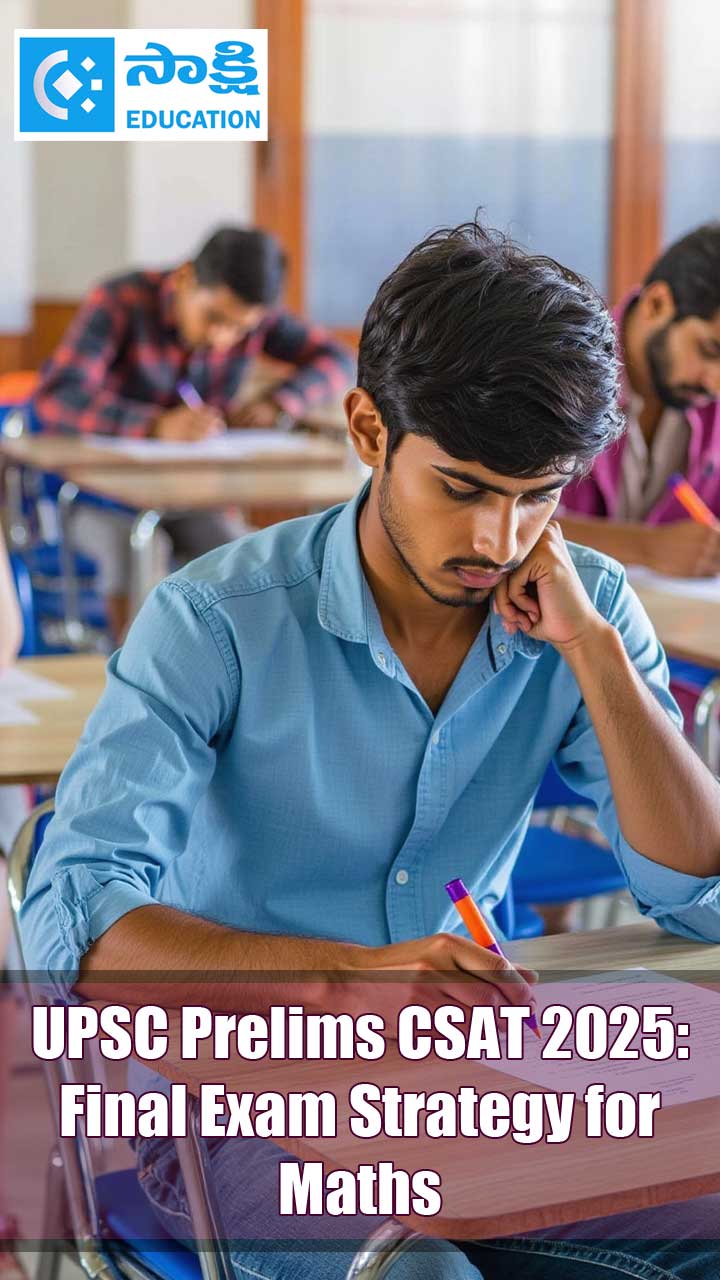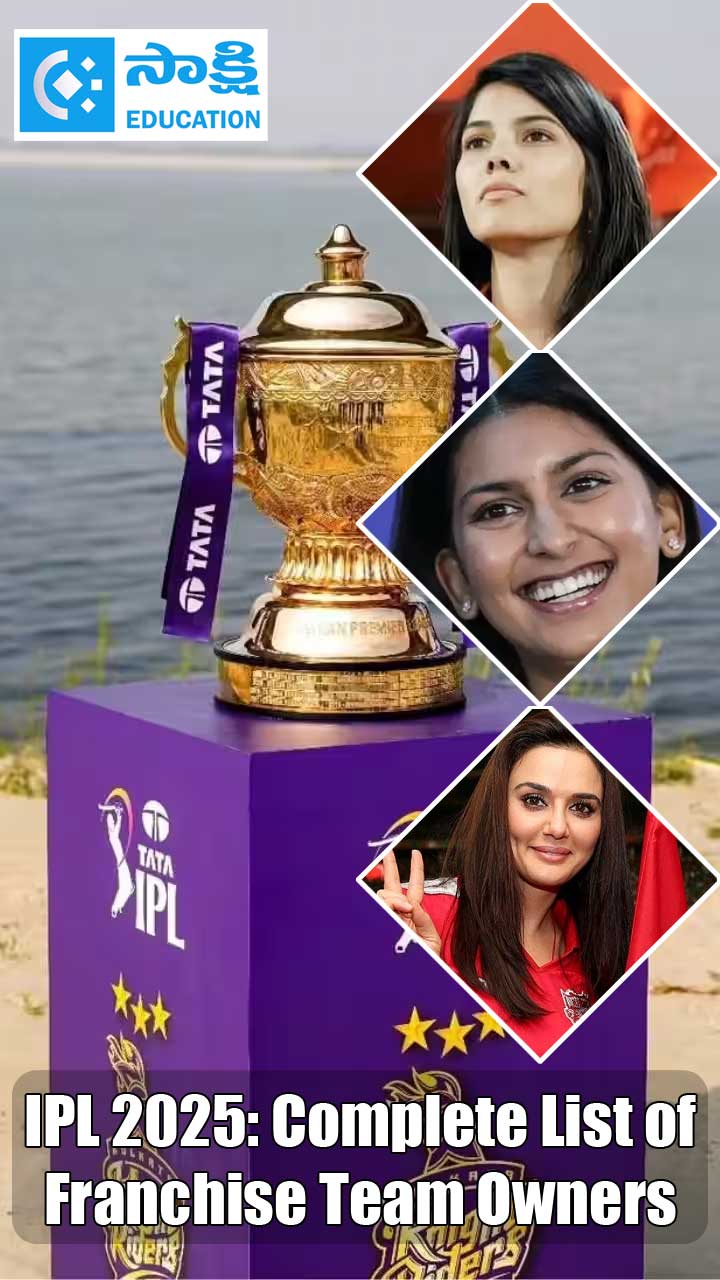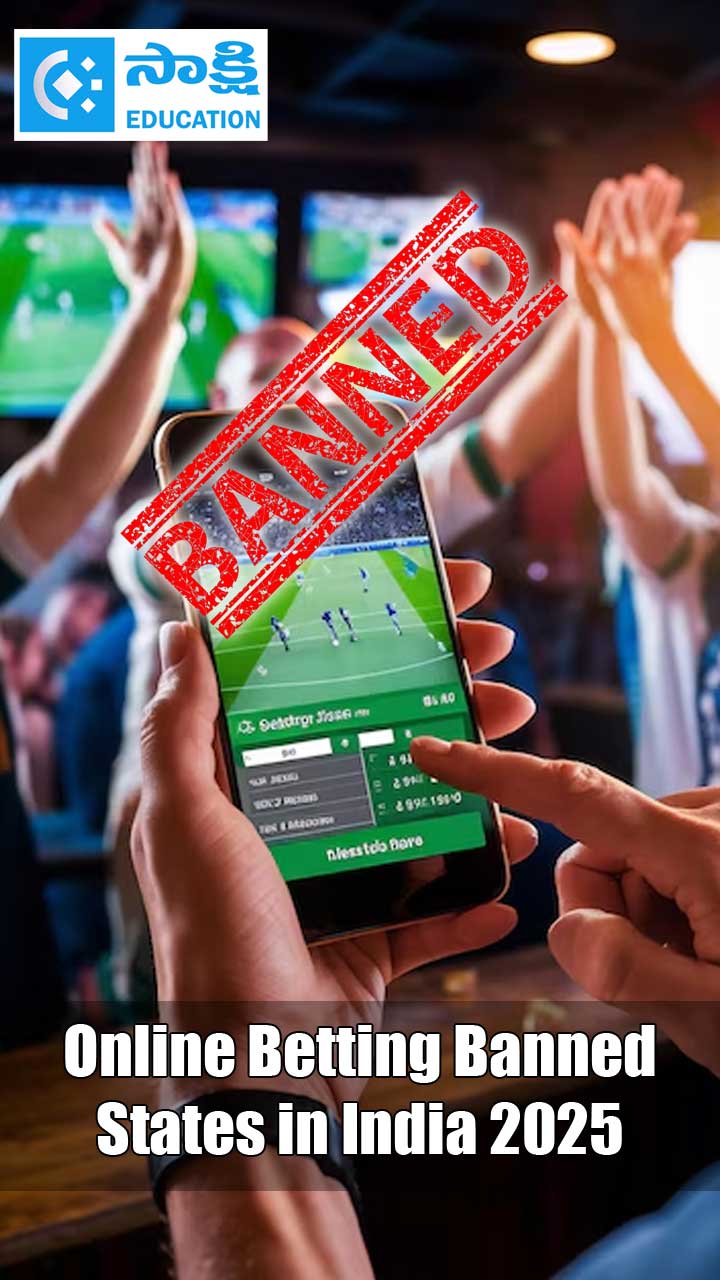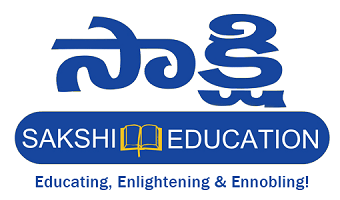Russia
Sakshi Education
- Introduction:
- Russia Aiming to Regain its Global Influence and Economic Power:
- Russia is currently building a market economy, has opened up to foreign investors and is trying to integrate with the international community.
- With resurgence of its economy, Russia is aiming to regain its influence and economic power, according to analysts. With its emergence as a global energy supplier, Russia is currently playing a positive role in addressing a wide range of issues related to energy security.
- Russia has consolidated its influence over Central Asia's energy resources and increased its strategic dominance in Europe's energy markets.
- Russia is currently building a market economy, has opened up to foreign investors and is trying to integrate with the international community.
- Parliamentary Elections in Russia (December 2007):
- Putin's United Russia Party Wins the Elections: In December 2007, Parliamentary elections were held in Russia. President Putin's United Russia Party cruised to a landslide victory with 61.4% votes. It won 315 seats in the 450-seat State Duma (Lower House of the Russian Parliament). The Communists came second with 11.6% votes. Seven parties failed to clear the 7% threshold to win seats.
- Putin - Vote a Sign of Political Stability in Russia: President Putin who had campaigned for the United Russia Party hailed the victory as a sign of stability in Russia. He stressed that the elections showed Russians would never allow their country to go down a destructive road as it happened in some post-Soviet States. This was interpreted as an apparent reference to the West-sponsored coloured revolutions in Georgia, Ukraine and Kyrgyzstan.
- Endorsement of Putin's Leadership of the Russian Federation: The landslide victory of the United Russia Party is an endorsement of President Vladimir Putin's leadership of the Russian Federation over the last eight years. Under Mr. Putin's leadership Russia has restored its integrity, economic and military strength and global influence.
- Putin's United Russia Party Wins the Elections: In December 2007, Parliamentary elections were held in Russia. President Putin's United Russia Party cruised to a landslide victory with 61.4% votes. It won 315 seats in the 450-seat State Duma (Lower House of the Russian Parliament). The Communists came second with 11.6% votes. Seven parties failed to clear the 7% threshold to win seats.
- Presidential Elections (March 2008):
- End of President Putin's Term: President Vladimir Putin is to step down as per the Constitution, which allows only two straight Presidential terms.
- Deputy Premier Medvedev Nominated as the Next President of Russia: In December 2007, Russian President Vladimir Putin backed First Deputy Prime Minister Dmitry Medvedev. 42-year old Medvedev is a law expert and is widely believed to be business-friendly.
- Medvedev wins Presidential Elections: Dmitry Medvedev was elected as the new President of Russia in March 2008. He secured more than 70 per cent of the votes. His rivals - Communist leader Gennady Zyuganov, ultranationalist Vladimir Zhirinovsky, and Andrei Bogdanov.
- Medvedev Pledged to Continue Putin's Policy: The President elect Dmitry Medvedev pledged to continue the policy of the outgoing President Vladimir Putin.
- End of President Putin's Term: President Vladimir Putin is to step down as per the Constitution, which allows only two straight Presidential terms.
- Medvedev Sworn in as the President of Russia: On May 7, 2008 Dmitry Medvedev was sworn in as the President of Russia.
- Vladimir Putin Confirmed Prime Minister of Russia: On May 8, 2008 Vladimir Putin was endorsed by the Parliament as the Prime Minister of Russia.
- Terms of the President and Parliament Extended: On November 14, 2008, Russia’s Parliament approved changes to the Constitution, lengthening both the Presidential and Parliamentary terms. The Presidential term was extended from four to six years and the Parliament’s term was extended from four to five years. President Medvedev had argued that longer terms for the President and Parliament would facilitate reforms and enhance political stability.
- Russia Aiming to Regain its Global Influence and Economic Power:
- Background:
- Sweeping Political Reform Launched by the then Russian President Vladimir Putin:
- Strengthening Hold on the Provinces: On September 28, 2004, the then Russian President, Vladimir Putin, launched a sweeping political reform to strengthen his hold on the provinces in the face of a growing threat of Islamic fundamentalism.
- Abolishing the Election of Governors by Universal Suffrage: The then Russian President sent a bill to the Parliament abolishing the election of regional Governors by universal suffrage. The new law enabled him to appoint Governors, subject to endorsement by regional legislatures.
- Reform Prompted by Concerns over the Threat to Russia’s Territorial Integrity by Terrorists: Analysts feel that the reform was prompted by concerns over the threat from terrorists to the territorial integrity of Russia. The then Russian President called for an overhaul of the political system to strengthen national unity in the face of terrorist attempts to provoke a disintegration of the country.
- Political Reform Criticised by the West for Undermining the Democratic Process in Russia: The then President Putin’s sweeping political reform has been criticised by the West, as well as Russian liberals as an attempt to concentrate power in the hands of the President and undermine the democratic process.
- State Control of Oil and Gas Industry: Experts point out that all decisions from exploration policy and the sale of Russian crude are now controlled by the Government. Control of energy is seen as a part of the then President Putin’s efforts to centralise power. The Government has forbidden private interests to build oil and gas pipelines in Russia, handling state-owned pipeline operator Transneft a monopoly.
- Strengthening Hold on the Provinces: On September 28, 2004, the then Russian President, Vladimir Putin, launched a sweeping political reform to strengthen his hold on the provinces in the face of a growing threat of Islamic fundamentalism.
- Russia’s Pragmatic Foreign Policy:
- Advancing National and Economic Interests: The then Russian President, Vladimir Putin, stressed on a pragmatic foreign policy aimed at advancing Russia’s national and economic interests.
- Remains Global in its Sweep: Russia’s foreign policy remained global in its sweep, not only by virtue of the country’s military and political weight, but also due to its geography, according to Mr. Putin.
- Cooperation with Allies Should be Equitable and Beneficial: Russia should look for such allies in Europe, Asia, Africa and America who recognise and respect its national interests and cooperation with whom is equitable and beneficial for Russia, according to Mr. Putin.
- Advancing National and Economic Interests: The then Russian President, Vladimir Putin, stressed on a pragmatic foreign policy aimed at advancing Russia’s national and economic interests.
- Mr. Putin’s Goal:
- Restoring Russia’s Global Influence: by making it a lynchpin of a system of anti-terror alliances. Mr. Putin discarded the old idea that Russia must choose between East and West. Today Russia realistically recognises what is in its interests and what isn’t, according to Mr. Putin.
- Alliances with East and West: Mr. Putin believed that he can anchor Russia in a system of alliances that include India and China on one end and the US and NATO on the other, according to Russian security experts.
- Restoring Russia’s Global Influence: by making it a lynchpin of a system of anti-terror alliances. Mr. Putin discarded the old idea that Russia must choose between East and West. Today Russia realistically recognises what is in its interests and what isn’t, according to Mr. Putin.
- Sweeping Political Reform Launched by the then Russian President Vladimir Putin:
- Russia’s New Foreign Policy Doctrine:
- Assigns Higher Priority to Relations with India:
- Russia’s new foreign policy doctrine, approved by the President Dmitry Medvedev assigns higher priority to relations with India.
- The new foreign policy doctrine lays greater emphasis on political and economic cooperation between Russia and India compared to the previous doctrine.
- The new foreign policy concept paper emphasised that in deepening the strategic partnership with India, Russia pursues the principled policy towards stronger interaction on burning international problems and all round strengthening of mutually beneficial relations in all spheres, especially in achieving a substantial uplift in commercial and economic ties.
- Russia’s new foreign policy doctrine, approved by the President Dmitry Medvedev assigns higher priority to relations with India.
- Relations with India and China described as Strategic:
- The foreign policy concept paper defines relations with India and China as Russia’s “most important vector” in Asia.
- For the first time Russia’s foreign policy doctrine describes relations with India and China as “strategic” for Russia.
- The foreign policy concept paper defines relations with India and China as Russia’s “most important vector” in Asia.
- Call for Closer Trilateral Cooperation with India and China: The foreign policy doctrine called for closer trilateral cooperation with India and China. It was pointed out that Russia shared the interest of China and India in advancing effective political and economic interaction in the Russia-India-China triangular format. The previous foreign policy doctrine had not mentioned the triangular format.
- The foreign policy doctrine assigned special importance to the further strengthening of the Shanghai Cooperation Organisation (SCO).
- Unlike the previous foreign policy doctrine, the new doctrine omits a call on India and Pakistan to sign a nuclear test ban treaty and the non-proliferation pact.
- Russia Maintains Its Negative Stance towards NATO’s Expansion:
- Russia maintained its negative stance towards the NATO expansion, in particular towards the plan to grant Ukraine and Georgia the NATO membership, as well as towards bringing the NATO military infrastructure closer to Russian borders in general, according to the doctrine.
- Such a development would foster the emergence of new dividing lines in Europe, according to the foreign policy concept paper.
- Russia maintained its negative stance towards the NATO expansion, in particular towards the plan to grant Ukraine and Georgia the NATO membership, as well as towards bringing the NATO military infrastructure closer to Russian borders in general, according to the doctrine.
- US Plan to Deploy a Missile Shield in Czech Republic and Poland would Destroy the Security System in Europe:
- Detailing the foreign policy guidelines, the Russian President Dmitry Medvedev warned that the US plans to deploy a missile shield in the Czech Republic and Poland would destroy the security system in Europe.
- Mr. Medvedev stressed that the common (security) heritage cannot survive if one of the sides selectively destroys isolated elements of the strategic construction. He emphasised that this could not be accepted and Russia would be compelled to react to this adequately.
- The Russian President emphasised that it was extremely important to rebuff attempts to secure interests of one country or a group of countries by sidestepping international law.
- Detailing the foreign policy guidelines, the Russian President Dmitry Medvedev warned that the US plans to deploy a missile shield in the Czech Republic and Poland would destroy the security system in Europe.
- Assigns Higher Priority to Relations with India:
- Russia’s Current Defence Policy:
- Modernisation of Russia’s Armed Forces:
- Russian President Dmitry Medvedev ordered a massive upgrade of the Armed Forces in September 2009.
- Mr. Medvedev asked the military commanders to come up with a plan for across-the-board modernisation of the country’s nuclear and conventional forces till 2020 in the light of the recent war with Georgia.
- It was of paramount importance to make a realistic assessment of the military-political situation in the world and have a clear understanding of potential threats, according to the Russian President. The war with Georgia, which Mr. Medvedev described as “Russia’s 9/11” had lent greater urgency to such a review.
- Russian President Dmitry Medvedev ordered a massive upgrade of the Armed Forces in September 2009.
- Russia’s Biggest War Games - The Stability-2008 (September 2008):
- In September 2008, Russia held its biggest war games since the break-up of the Soviet Union.
- The exercise termed “the Stability 2008” involved nearly 50,000 troops and over 7,000 pieces of heavy-war gear, including aircrafts, ships and nuclear missiles.
- Russia successfully test-fired four long-range nuclear-capable missiles over the weekend in an unprecedented show of force since the end of the Cold War.
- A Topol missile was fired from a mobile launcher at the Plisetsk space centre in northwest Russia.
- A nuclear Submarine test-fired the new ICBM Sineva in the Barents Sea.
- Russia’s nuclear deterrent was in good shape and new weapon systems would be inducted in the future, according to the Russian President.
- In September 2008, Russia held its biggest war games since the break-up of the Soviet Union.
- Defence Spending for 2009 Increased by 27%: Prime Minister Vladimir Putin announced a 27 per cent increase in Russia’s defence spending in 2009, to $53 billion.
- Modernisation of Russia’s Armed Forces:
- Russian Economy:
- Plan to Shift the focus of Russia’s Foreign Trade from Europe to Asia, Prioritising India and China:
- Russia plans to shift the focus of its foreign trade from Europe to Asia, giving priority to India and China.
- Russia’s Foreign Trade Strategy through 2020 approved by the Russian Cabinet in October 2008, called for reorienting the foreign trade gradually from the European to Asian markets.
- Russia plans to step up economic ties with India, China, Iran, Afghanistan and Mongolia.
- The Foreign Trade Strategy called for closer economic integration with ex-Soviet allies in the Russia-led Eurasia Economic Union - Belarus, Kazakhstan, Uzbekistan, Kyrgyzstan and Tajikistan.
- China and India would replace Europe as Russia’s main trading partners as they are the key markets which have been growing more dynamically than the European Union, according to Russian officials.
- Russia plans to shift the focus of its foreign trade from Europe to Asia, giving priority to India and China.
- Oil and Gas will Dominate Russia’s Exports, however, the share of engineering goods in Russia’s exports would be doubled by 2020.
- Russia and China Signed a Deal to Build an Oil Pipeline from Siberia across the Chinese Border:
In October 2008 Russia and China signed a deal to build an oil pipeline from Siberia across the Chinese border.
The deal provides for the supply of about 15 million tonnes of oil per year.
- Russia-China Trade reaches $50 Billion in 2008: Trade between Russia and China touched $50 billion in 2008 and was projected to increase between $60 and $80 billion by 2010. Russian Prime Minister Vladimir Putin called for switching in trade with China from dollars to roubles and yuan.
- Global Financial Crisis had an Adverse Impact on Russia’s Economic Boom: Analysts point out that the global financial crisis has adversely impacted Russian economy boom driven by high oil prices. The Russian economy was fast moving towards recession. However, the Russian Government insists that the GDP would grow between 2 per cent and 3 per cent next year.
- Plan to Shift the focus of Russia’s Foreign Trade from Europe to Asia, Prioritising India and China:
- Russia’s Relations with the US:
- Russia Welcomed US Offer to Reset Relations: In February 2009, Russia welcomed an offer by the US to reset relations with Russia. This was seen as a sign that the former Cold War rivals could repair their strained relations under the new US President Barack Obama.
- US Vice-President Joe Biden said that it was time to end the dangerous drift in relations between the US and Russia.
- The US would not agree with Russia on everything, but the US and Russia can disagree and still work together where their interests coincide, according to Mr. Biden.
- Russia announced that it would allow US supplies for Afghanistan to cross it territory to avoid Pakistan where supply lines are being threatened by military attacks. However, Russia made it clear that only nonlethal US supplies would be permitted across its territory.
- The US and Russia are engaged in a great game in Central Asia where Kyrgyzstan asked the US to close its air base in that country. The future of the US air base is the symptom of deeper contest between the US and Russia to wrest control over Central Asia.
- Russia offered that it would not install missiles near Poland if the US dropped its plans for an Eastern European based missile defence system. The Obama Administration has so far not responded to Russia’s offer.
- Russia Welcomed US Offer to Reset Relations: In February 2009, Russia welcomed an offer by the US to reset relations with Russia. This was seen as a sign that the former Cold War rivals could repair their strained relations under the new US President Barack Obama.
Published date : 04 Jan 2010 05:12PM













